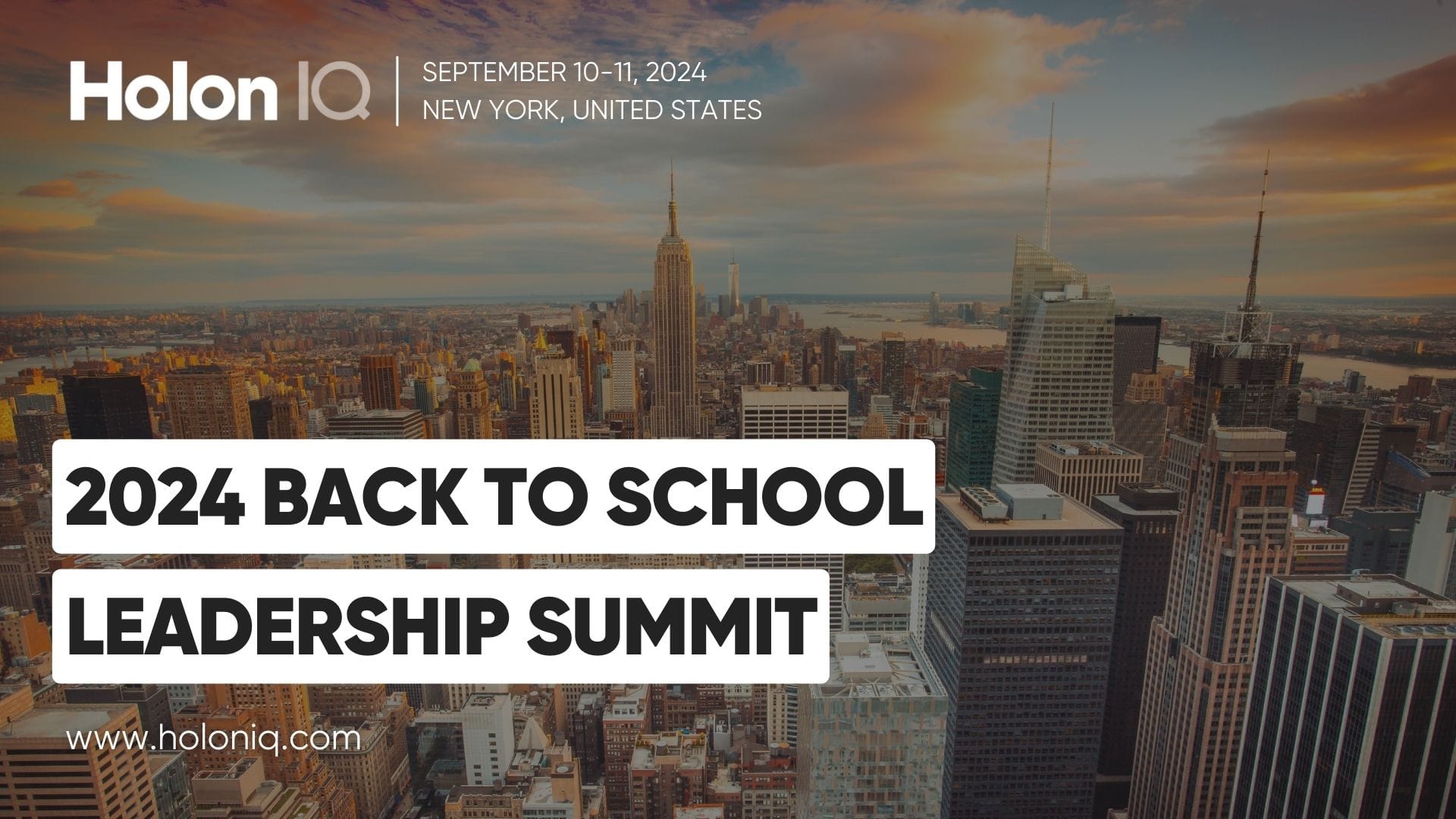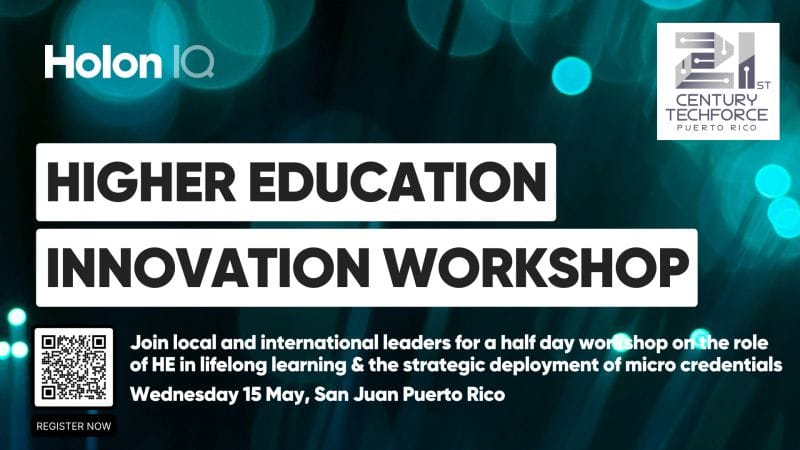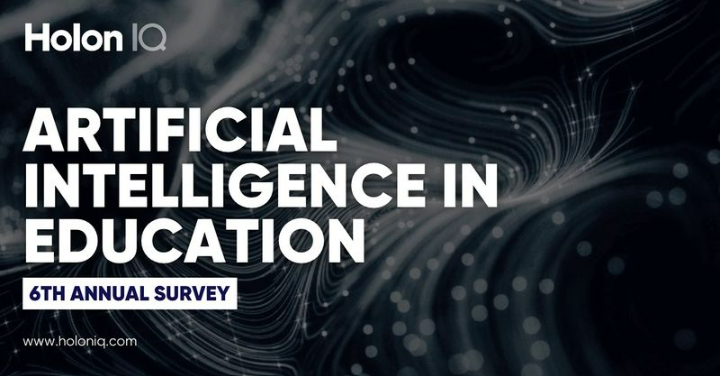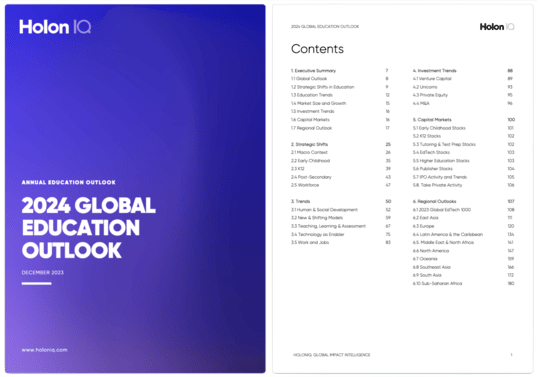📜 Growing Support for Micro-Credentialling + Paris & New York Summits
Micro-credentials are gaining traction in higher education, complementing traditional degrees and addressing employer needs for verifiable skills. While digital credential adoption remains an obstacle, recent initiatives are accelerating progress.
Happy Monday 👋
Micro-credentials are gaining traction in higher education, complementing traditional degrees and addressing employer needs for verifiable skills. While digital credential adoption remains an obstacle, recent initiatives are accelerating progress. In the US, SUNY's $32 million expansion of its micro-credential program and the Department of Education's planned recognition system exemplify this shift. Looking beyond US borders, Ireland's investment in micro-courses for critical sectors like renewable energy underscores a global trend: micro-credentials are increasingly recognized as valuable and affordable pathways for a dynamic job market.
This Week's Topics
📜 Government Support for Micro-Credentials. Covers recent developments to support micro-credentials in higher education
🇫🇷 Higher Education Summits. Deep dive into HE futures, new models & more at our upcoming Paris, New York and Puerto Rico Summits
🧠 Annual AI in Education Survey. Early results show more institutions successfully deploying AI, and efficiency is a key driver for adoption
📖 2024 Education Outlook. 180+ pages of trends, insights, and data
💰 University Deals of the Week. Grant for University of Sydney + more
Don't forget to check out the 2024 Global Education Outlook and sign up for our new Daily Newsletters, Chart of the Day, and Impact Capital Markets. For more information about how HolonIQ supports Higher Education, request a demo.
📜 Government Support for Micro-Credentials
Higher education is witnessing a surge in the adoption of micro-credentials as companions to traditional degrees. This trend addresses the growing demand from employers for clear demonstrations of skills and knowledge. However, a significant hurdle remains: many institutions are lagging in embracing digital credentials.
Fortunately, recent initiatives and policy changes have propelled micro-credential adoption forward over the past month. In the US, the State University of New York System's $32M allocation for expanding the Direct Support Professional micro-credential program exemplifies this progress. Additionally, the American Council on Education (ACE)'s collaborative effort with other US associations signifies a concerted effort to address the slow adoption rate. The Department of Education's anticipated initiative recognizing institutions that effectively integrate micro-credentials further bolsters this movement.
Looking beyond the US, Ireland's Higher Education Authority's $10.3M investment in micro-credential courses for critical areas like renewable energy and cybersecurity highlights a global shift. These efforts underscore the growing recognition of micro-credentials as valuable and affordable learning pathways that complement traditional degrees, ultimately preparing students for a dynamic job market. Catch up on our most recent webinar as we explore opportunities for universities through micro and alternative credentials.

🇫🇷 Higher Education Summits - Paris 27 June
Join us in Paris on June 27 for this year's Future of Higher Education and Workforce Summit and connect with Higher Education Leaders from across Europe and around the world. NEOMA Business School is our hosting partner this year, and we'll meet at the school's Paris campus, located in the dynamic Butte-aux-Cailles district.

🇺🇸 Leadership Summit - New York 10-11 Sept
Registration for our flagship Back to School Summit in New York, September 10–11, is now open. This year, we're bringing over 500 global education leaders together for three incredible tracks: Higher Education and Workforce, Foundation and Philanthropy, and Technology and Finance.

🎓 Future of Higher Education - Puerto Rico 15 May
Join us in Puerto Rico on May 15 for our Future of Higher Education as a part of Puerto Rico Impact Week. Learn more about global strategic shifts in higher education from our team and other leaders in higher education about lifelong learning and upskilling. Register now to discover and share insights about higher education.

🧠 Participate in HolonIQ's Annual AI in Education Survey
Interim results of this year's annual AI in Education Survey show a marked increase in education institutions that have invested in and successfully deployed artificial intelligence. Cost savings resulting from automation are among the top reasons for the adoption of AI. Participate in the survey to receive the final report.

📖 2024 Global Education Outlook
HolonIQ's annual analysis of the global education economy offers over 180 pages of in-depth insights on market data, investments, strategic shifts, and trends in education. Download the extract or purchase the full report.

💰 Funding
HolonIQ actively monitors and tracks funding flows in universities, spanning all regions and transaction categories. Subscribe to our Daily Capital Markets newsletter to catch the top deals each day.
University Grants
⚛️ The University of Sydney was awarded a $18.4M grant from the Australian government to establish Quantum Australia, an industry hub for the quantum computing sector.
🔒 Auburn University’s McCrary Institute for Cyber and Critical Infrastructure Security has secured a $10M grant from the US Department of Energy in collaboration with Oak Ridge National Laboratory. This grant aims to establish a regional cybersecurity research and operations center.
🤖 Arizona State University received a three-year $3.8M renewable grant from the Institute of Education Services to enhance an audio-based app by using generative AI to give college students advanced use of learning materials and activities.
Thank you for reading. Have a great week ahead!
Have some feedback or want to sponsor this newsletter? Let us know at hello@holoniq.com
